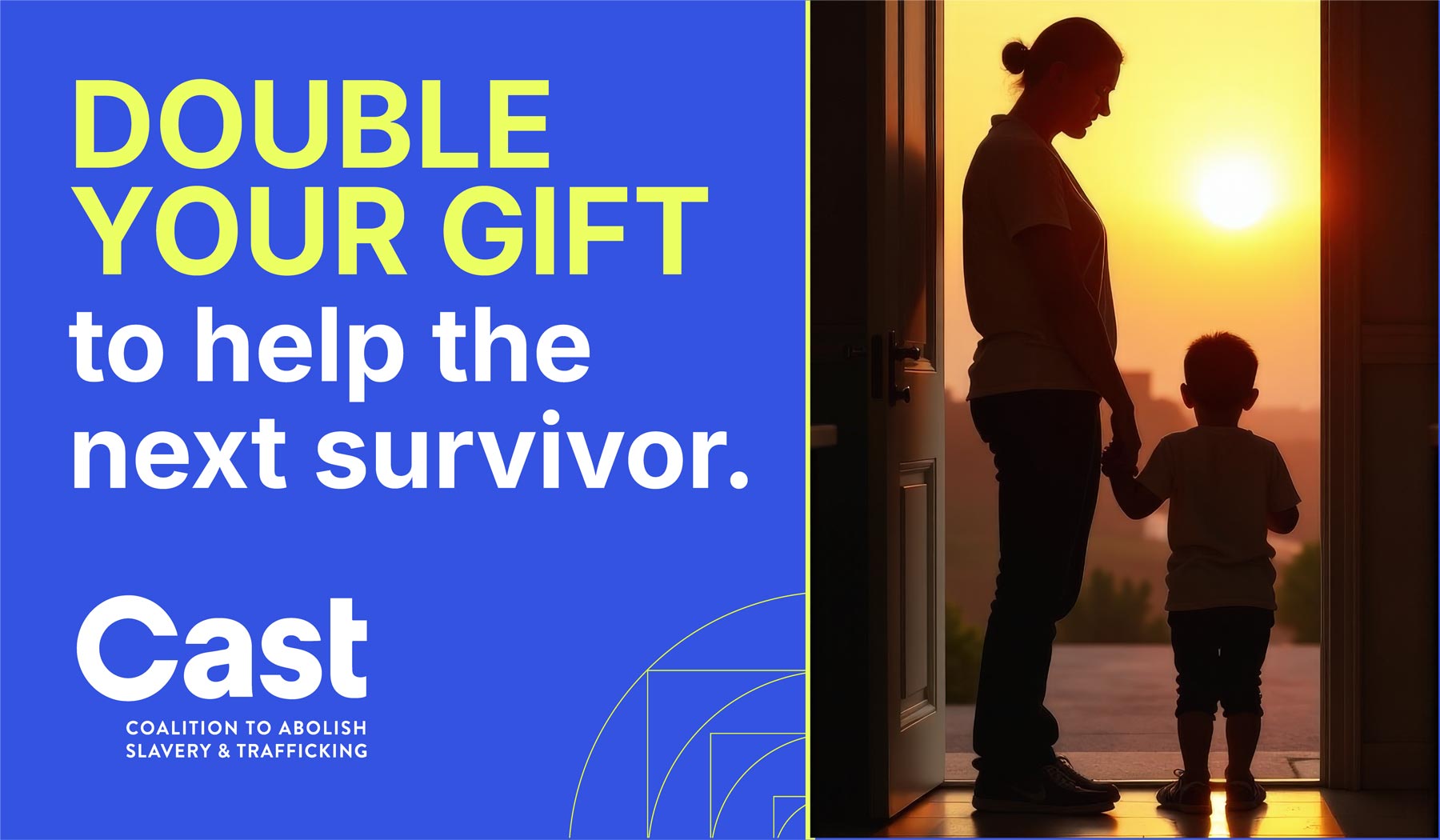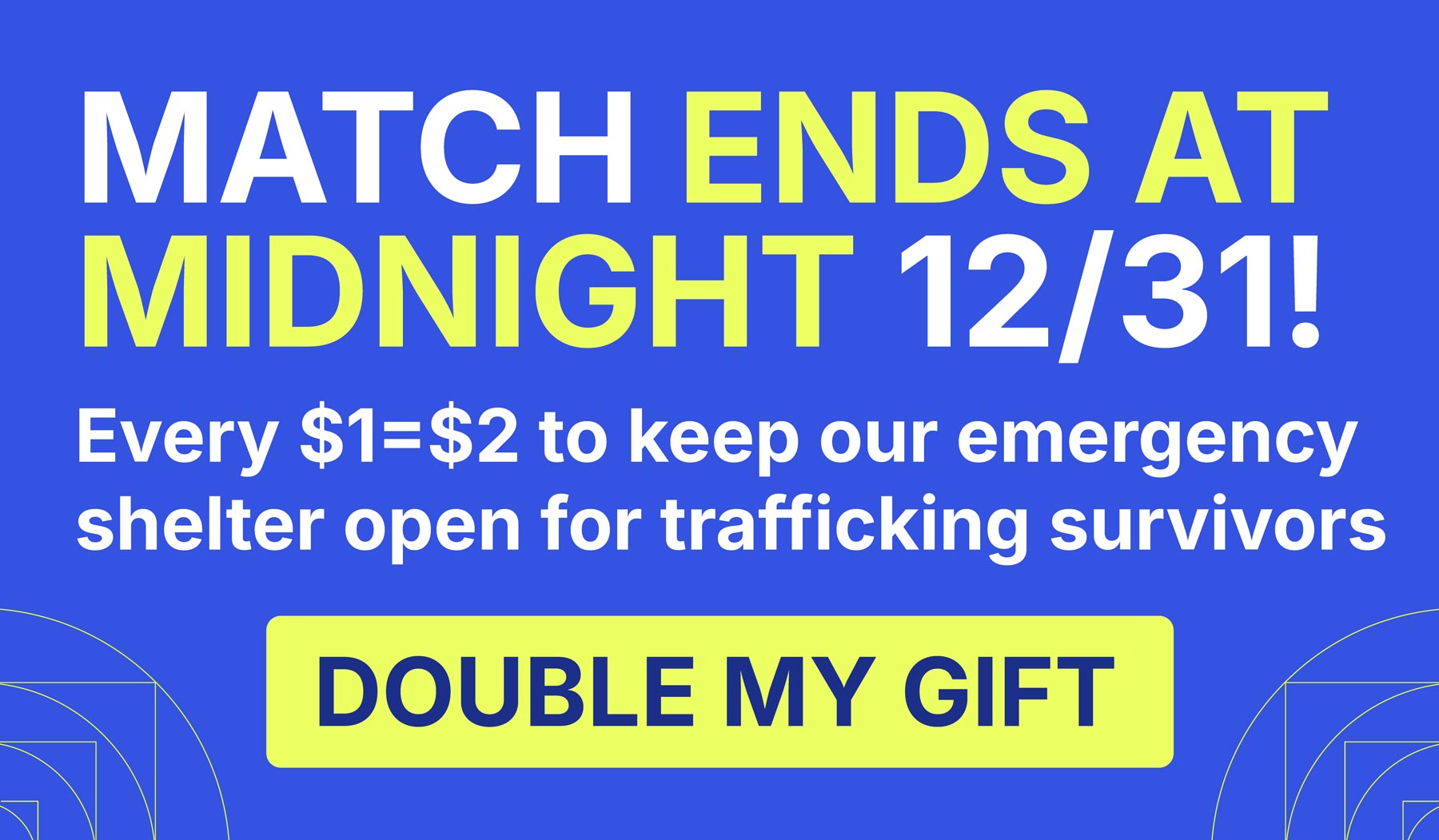Human trafficking is the exploitation of human beings through force, fraud or coercion for the purposes of commercial sex or forced labor. Anyone under 18 who performs a commercial sex act is considered a victim of human trafficking.
Human trafficking does not have to be physically restrictive. Many victims are exploited by coercion, fear or intimidation, which you cannot see.
Human trafficking is not the same thing as people smuggling,
Human trafficking victims may be highly skilled and may come to the US on legitimate visas with the promise of lawful work.
Human trafficking can happen to anyone, but it affects marginalized groups more than others. At Cast, at least 88% of the survivors we have ever served are Black, Indigenous, and people of color.


